Headquarters: Svetog Nauma 7, 11000
Office address: Đorđa Vajferta 13, 11000
Phone:: +381 11 4529 323
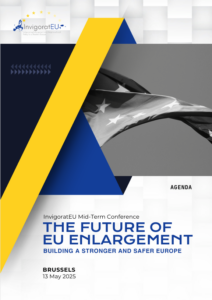
30 May 2023 – Today, a conference Follow the Money: Tracking Illicit Financial Flows and Countering of Sanctions’ Evasion Schemes was held in Belgrade,organised by European Policy Centre (CEP), Belgrade and Center for the Study of Democracy (CSD), Sophia within the project The Regional Good Governance Public-Private Partnership Platform (R2G4P).
The conference gathered more than 20 speakers from Southeast Europe in four panels, as well as many representatives from civil society, governments and embassies in Serbia.
The conference began with welcoming remarks by Milena Lazarević, Programme Director of CEP, Belgrade and Todor Galev, Director of Research from Center for the Study of Democracy.
„Article two of Treaty on European Union enlists key values of the EU: dignity, freedom, democracy, equality, respect for human rights. Fight against corruption is in core for securing these values“, said Milena Lazarević.
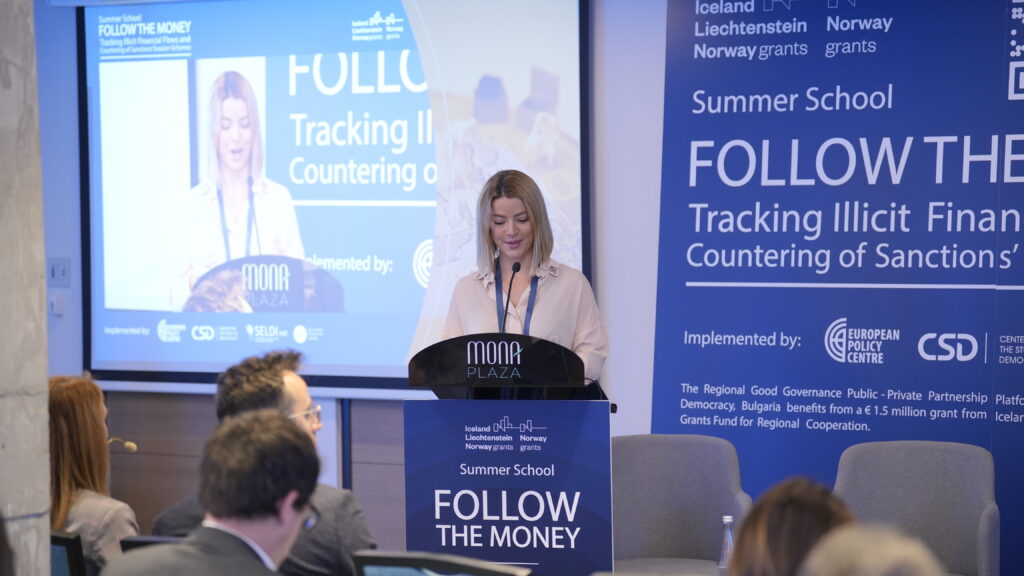
„The EU is preparing the new Economic and Security Strategy which will make more effective policies against authoritarian regimes. Also, we made small but important steps in our understanding of tools and strategies of state and media capture that are used to undermine our democratic governance“, pointed out Galev.
The four panels discussed various topics in order to increase the capacity of its civil society and government partners to monitor, diagnose and tackle corruption and close governance gaps. Panellists also presented the best methods and tools for tracking illicit financial flows and countering of sanctions’ evasion schemes.
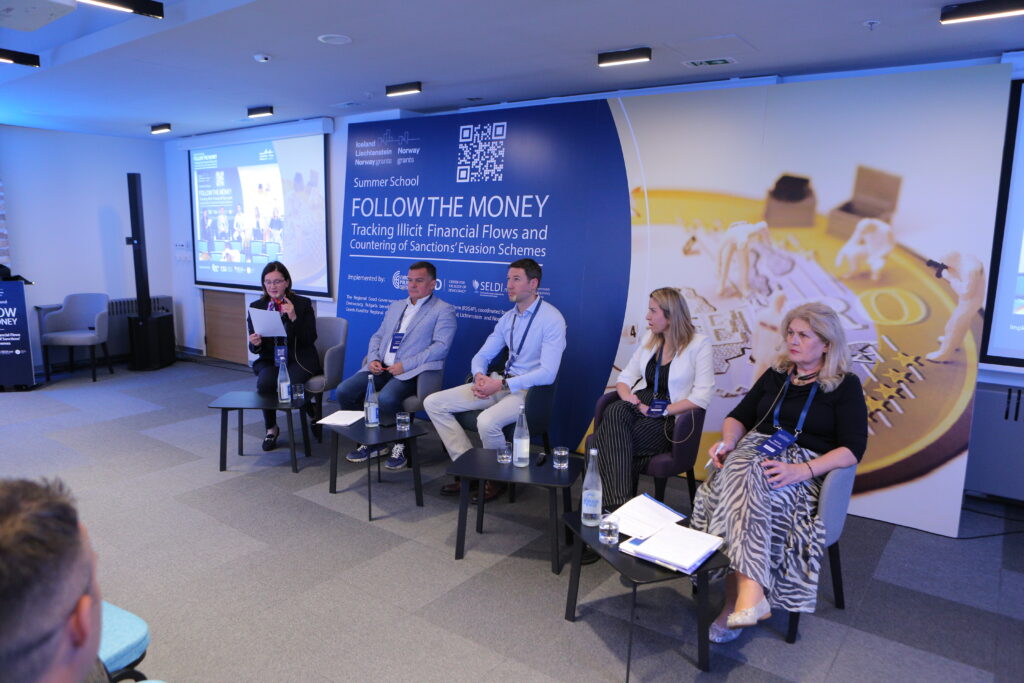
The topic of the first panel was investigating and tackling illicit financial flows and undoing foreign influence. Panelists made an overview of the latest financial investigation techniques and anti-money laundering practices and mechanisms for investment screening. This panel also discussed the possible social reuse of confiscated assets generated through crime.
Dragan Marinković, assistant director of Adminstration for the Prevention of Money Laundering emphasised that money laundering is global problem that causes security problems in many countries and that Serbian government passed a desicion on establishing AML Safety Body chaired by the Minister of Finance.
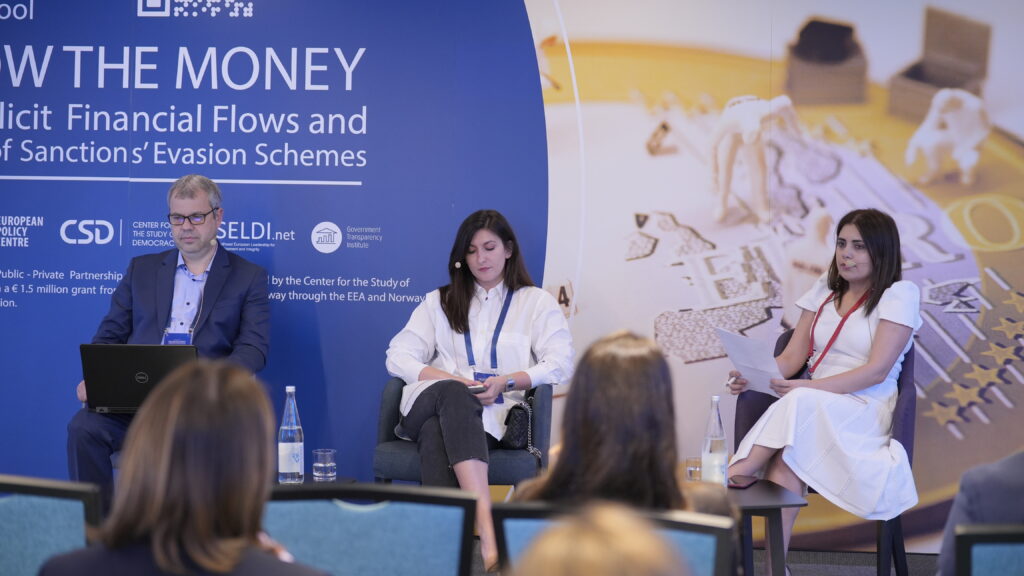
After that, the next panel discussed protecting media pluralism and challenging disinformation where panelists agreed that media literacy training for whole population is what we are missing, and that we need to help people in developing critical thinking when consuming information which are coming fast and with little to no time to process them thoroughly.
Ivana Jeremić, Editor at Balkan Insight: „We lack European wide policy for countering disinformation. Media landscape is destroyed by our state who consistently ignores journalists when they request information.”
Topic of the third panel was finding and enlisting key steps towards efficient sanctioning of corrupiton and illicit finance, where panellists spoke about valuable practices that need to be conducted such as continuous education of police officers, prosecutors and judges in the field of financial crime and money flows in order to efficiently combat corruption.
Nenad Vuković, president of the Serbian Association of Lobbysts pointed out that Register of lobbyists is the most important tool of anti-corruption policy.
On the last session of the day, panellists were trying to give valuable advices for a post-war world and to prepare for the future constellation of forces in Europe and in European union.
Saša Đorđević, Field Coordinator for Serbia and Montenegro, Global Initiative against Transnational Organized Crime emphasised that Serbia has a lot of knowledge how to tackle illicit financial flows since 1990s when Serbia faced embargo and political criminal elites were born.
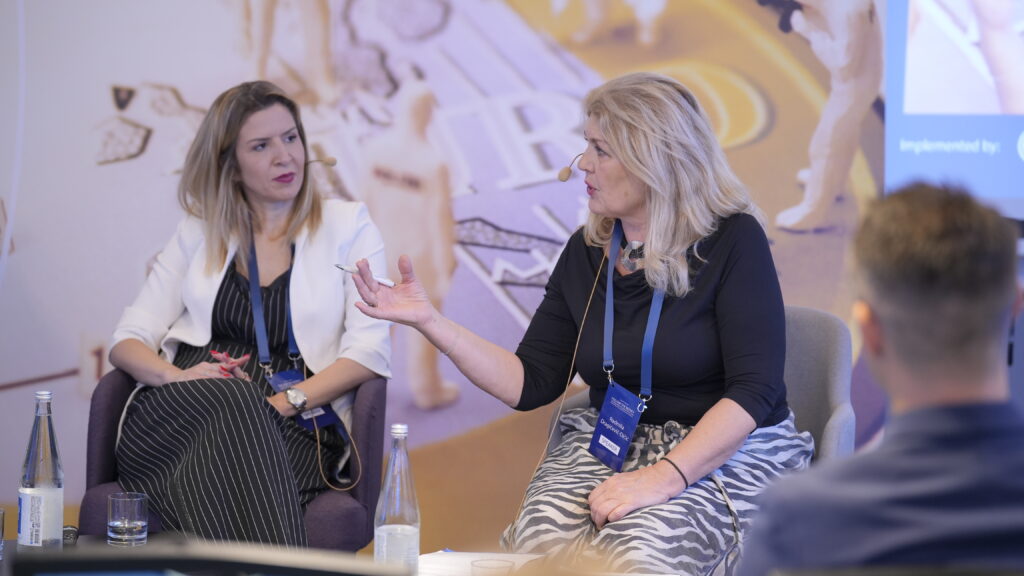
Strahinja Subotić, Programme Manager of CEP, Belgrade said that „we are witnessing ’acceleration of history’ and realignment of political, economic, and social partnerships. In the context of all aforementioned elements, CEP prepared Model for Staged accession to the EU to address issues related to enlargement of the EU efficient and timely.“
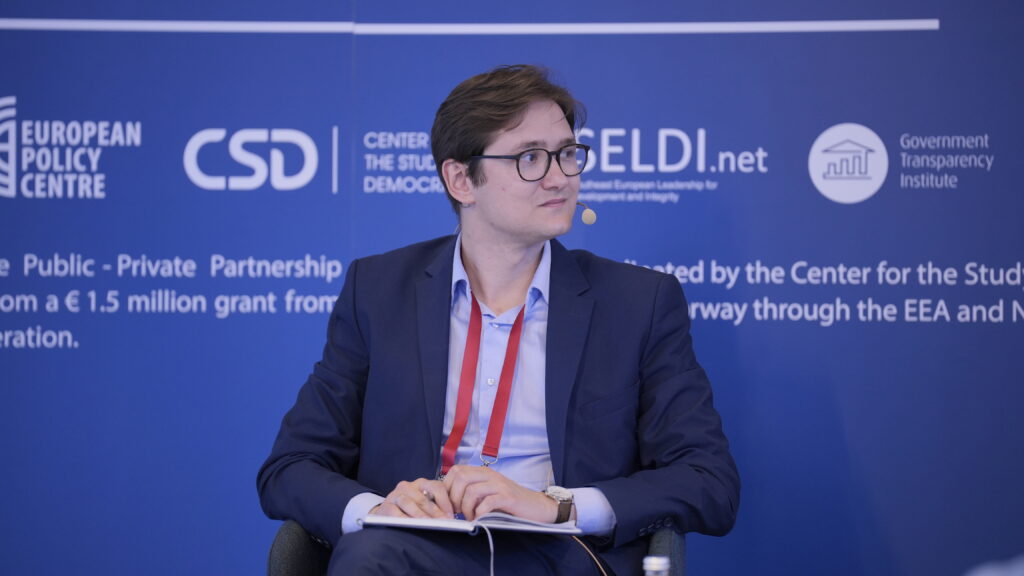
The conference held was a part of the three-day SELDI summer school. First and the third day of this event were dedicated to trainingstrainings organised for the partners of the SELDI network.
The conference was jointly organised by the European Policy Centre (Serbia), Center for Study of Democracy (Bulgaria) and the Regional Anti-Corruption Network www.seldi.net within the framework of The regional good governance public-private partnership platform (R2G4P). The platform is funded by the EEA and the Norwegian Regional Cooperation Grant Fund. The Center for the study of Democracy and the Government Transparency Institute (Hungary) presented findings from the second SEE Good Governance Report.